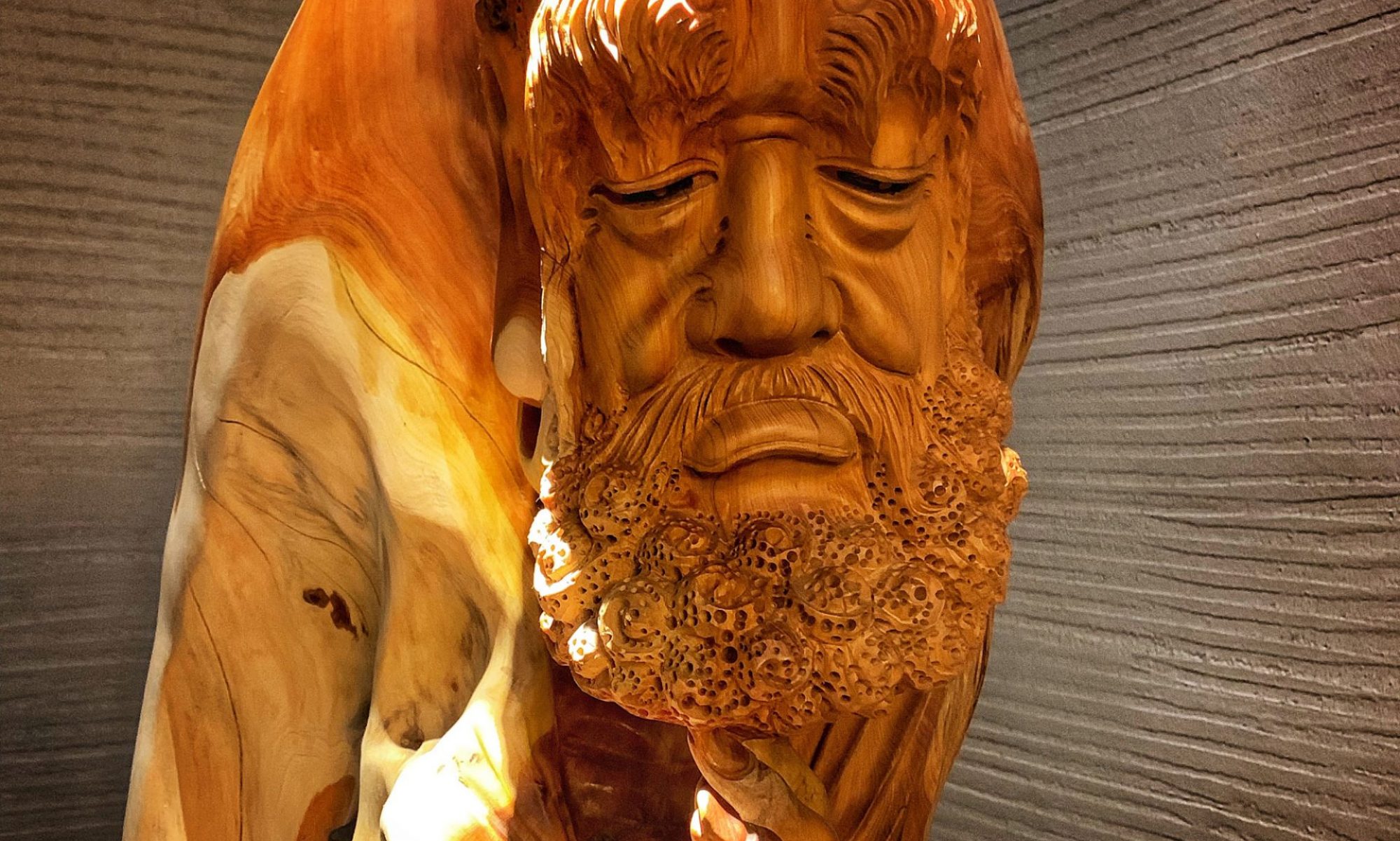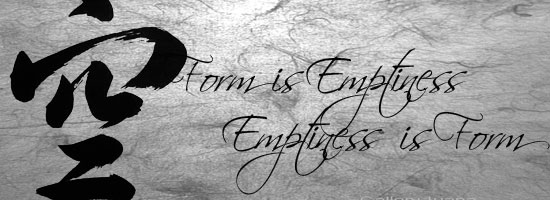It is important to distinguish between the two, or else the dynamics between the student and the teacher can be implicated into an egoic journey rather than one that nourishes the soul. The journey of the teacher is to teach and the teaching can only comes through what he has understood and experienced.
A good teacher clarifies his own ideas and strengthen them by teaching them – A Course in Miracles
Who or what the teacher is, is totally irrelevant to the student except the teaching he is receiving. A wise student will be able to distinguish whether the teaching is appropriate for his own growth, and thus will only stay on if necessary. If the student is in doubt, he will take necessary steps in questioning and clarifying it with the teacher. It is not the teacher that he is looking at, but rather the understanding the teacher is coming from or arriving at. The student’s question meet with the teacher’s answer and from it blossoms understanding, or even doubt, depending upon how synchronized both the direction of question and answer. At this level, both teacher and student’s learning is in the same order.
The ability to articulate, that is, to transform experience into words, is the skill of the teacher. As words can never truly represent experience, the teacher may need to illustrate it with analogies and parables. The student in return, with his limited wisdom, will try his best to understand the message, being aware that what the teacher is conveying is only the finger pointing to the moon, rather than the moon itself.
Thus for a student and a teacher to meet, a certain karmic chemistry has to be fulfilled – a resonating frequency that is in tandem with each other, the unseen force of fulfillment of each other’s needs. The teacher’s need is to convey his message to the level of his student’s maturity, and the student’s need is to understand what the teacher is really expressing. When both criteria are met, wisdom unfolds. Obviously there are also times when both frequencies do not resonate and thus the arising of misperceptions and doubts.
Hence it is an exchange of ideas from one to another, vice versa – the answer changes the views of the student and the question opens up another view for the teacher to share. And when it’s time for the student to move on, there are no qualms whatsoever in both to depart, for it is not a journey about bodies or minds but wisdom.
Yet this is not the case in many situations. When a student’s priority is not well-assigned, he allows the ego to run rampant. Many a times a student judge the teacher by his or her status, number of followers, character and what not. There are cases where students gauge their teachers’ greatness by their material possessions as if wisdom is synonymous with materialism.
More closer to home is our unconscious observation of our teacher’s character. My own past egoic experience tells me that I respect my teacher by his composure. Any unseemingly remark or movement from him makes me think he is not worthy of my respect. But I got it all wrong. It has very much to do with my own unworthiness. I am envious of what is out in the world and my purpose of observation is to seek for mistakes – any tiny mistake is enough to feed my ego. That is when I gain superiority over others, by judging them. That is the silliness the ego plays when we are unmindful. When our attention is focus on the bodies rather than the teaching, we are going on an egoic ride rather than a spiritual endeavor. We can be damn sure any judgments we made upon others is for our own consumption.
We want to see others guilty and we want them to admit their errors – what has their problems got to do with us – I am not sure. But what I am sure is that I am missing the mark. I am not seeing what I am supposed to see – the unworthiness inside me that compels me to judge so as to make others wrong to feed my inferiority, to make me feel superior. And that is all what life is all about. Look at the world and you will know what I mean. What a shackle.


